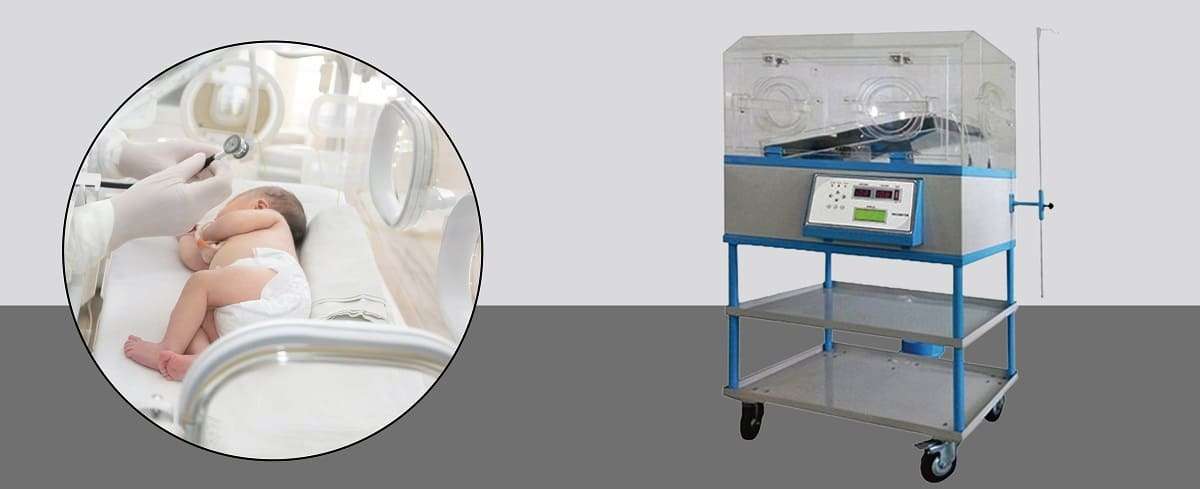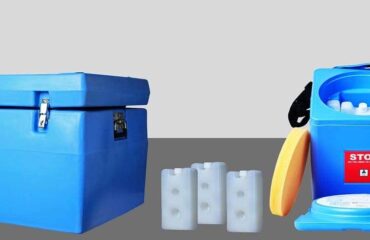An infant baby incubator is a specialized medical device designed to provide a controlled environment for premature or sick newborns, especially those born with low birth weight or medical complications. These devices help regulate the infant’s temperature, humidity, and oxygen levels, mimicking the conditions of the mother’s womb to support their growth and development outside the womb.

Here’s an overview of infant baby incubators and some common types:
Closed-Incubator Systems:
These are traditional incubators with a completely enclosed environment. They typically consist of a clear plastic box with access doors for medical staff to attend to the infant. Closed systems provide precise control over temperature, humidity, and oxygen levels.
Open-Incubator Systems:
Also known as radiant warmers or open-care systems, these incubators provide a warm environment for the infant but don’t enclose them in a completely sealed chamber. Instead, they use overhead heaters to maintain the desired temperature while allowing easier access to the baby for medical procedures and care.
Transport Incubators:
These are portable units designed for transporting premature or critically ill infants between medical facilities. Transport incubators are equipped with features like shock absorption, battery backup, and monitoring capabilities to ensure the safety and stability of the infant during transit.
Hybrid Incubators:
These combine features of both closed and open systems, offering the flexibility of access provided by open systems while also providing the controlled environment of closed systems when necessary. Hybrid incubators often feature removable hoods or access ports for medical procedures.
Low-Cost Incubators:
In recent years, there has been a push to develop low-cost, portable, and easy-to-use infant incubators, particularly for use in developing countries where access to medical resources is limited. These incubators utilize simple designs and affordable materials while still providing essential temperature control and monitoring functions.
Neonatal Intensive Care Unit (NICU) Incubators:
These are specialized incubators used in neonatal intensive care units (NICUs) to provide intensive care for premature or critically ill newborns. NICU incubators may incorporate advanced features such as integrated monitoring systems, respiratory support equipment, and specialized beds for infants with specific medical needs.
Thermal Support Devices:
While not traditional incubators, thermal support devices like heated mattresses or radiant warmers are sometimes used in combination with other equipment to maintain the body temperature of premature or low-birth-weight infants.
Infant baby incubators play a crucial role in providing a supportive environment for the fragile health of newborns, particularly those who require extra care and monitoring in the early stages of life.


